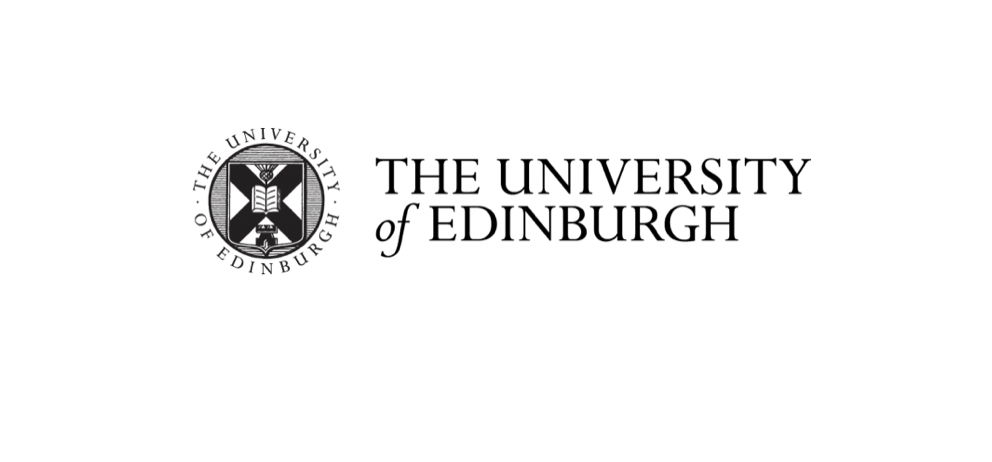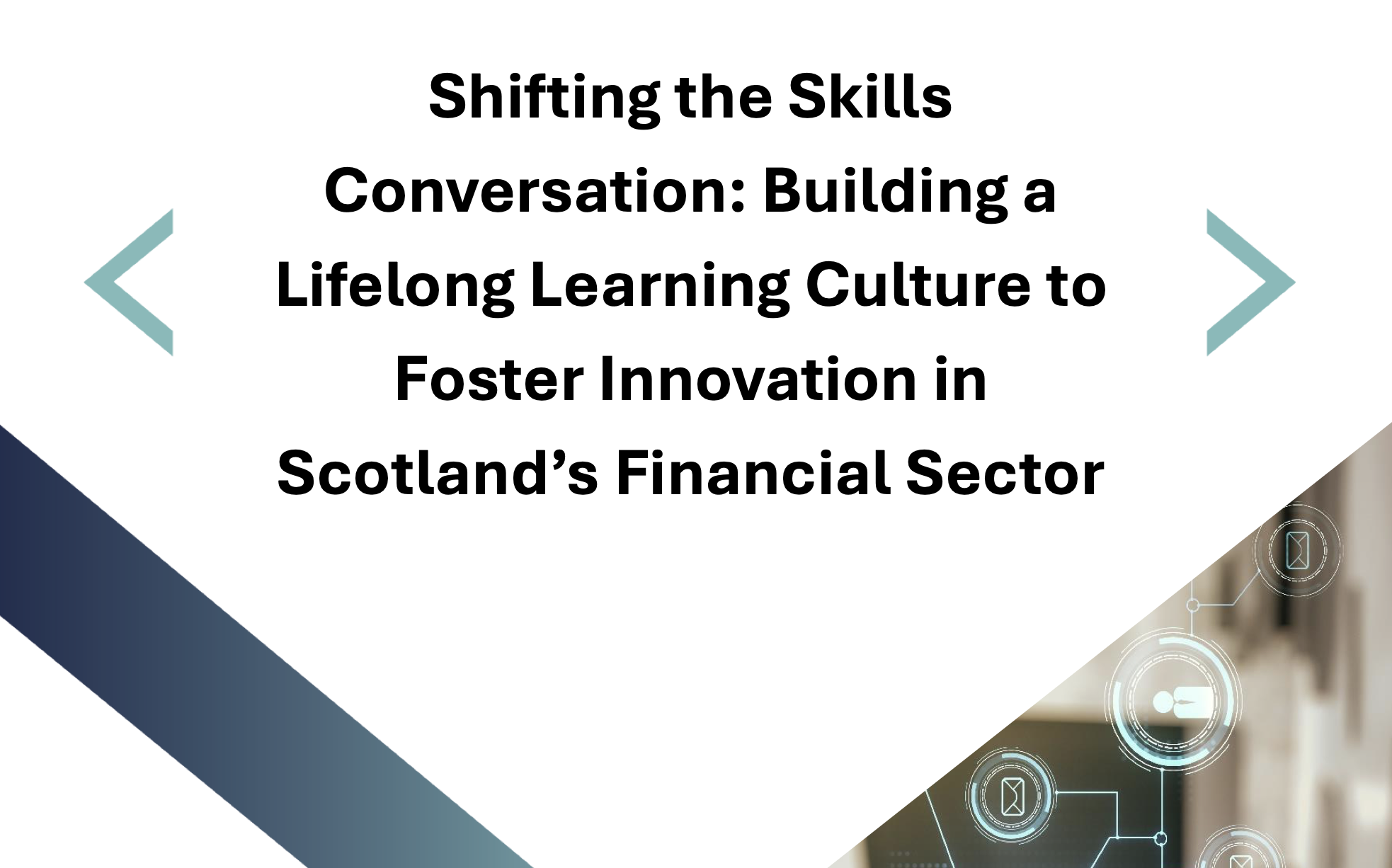A FinTech degree for today and the future

Blog written by GB Ibikunle, PhD – Director, MSc Finance, Technology and Policy
Director, FinTech @ the Edinburgh Futures Institute
Decades of relentless technological advancements and new regulations have altered how financial services are delivered and trading of financial instruments in financial markets. Markets and financial products have never been more complex, with algorithms, rather than humans, now executing the majority of trades in financial markets, determining consumer credit-worthiness and interacting with consumers in the delivery of financial services.
The skills required to succeed within the finance sector have thus inevitably become more diverse, with financial institutions, looking to take advantage of the growing availability of data, demanding increasing levels of technological and financial sophistication from new recruits as well as existing workers. Indeed, in the finance sector, the ability to develop complex technological solutions is now as sought after as the understanding of the economic interactions generating big financial and consumer data.
This development and the pace at which it has emerged have led to a yawning skills shortage in the nascent sub-sector at the intersection of finance and technology ”“ the so-called FinTech sub-sector. Leading global universities such as the University of Edinburgh, have a responsibility to respond to knowledge gaps in the global workforce such as has become evident in FinTech.
Hence, we have responded with a new Masters level degree programme. Developed over a 30-month period of intensive curriculum building, which involved extensive interactions between our world leading academics/researchers and global industry leaders , our MSc in Finance, Technology and Policy (FTP) offers a unique degree sitting at the intersection of the three most important drivers of a modern economy ”“ financial services and markets, technology and policy.
The programme applies the core principles of financial economics and economic sociology with practical skills in programming, machine learning and big data
analysis within a problem-based learning framework to help students develop the skillsets that are relevant for FinTech roles of today and the future. Students on the programme work with industry partners to develop innovative solutions to live challenges as part of student consultancy projects sponsored by industry partners.
Generally, FinTech-related degree programmes and courses exclusively focus on the
vocational skills aspect of educating FinTech professionals. FTP as a programme focuses on this aspect as well. We believe that being able to apply machine learning approaches to solving problems and developing new and innovative products in finance is critical to building a successful career within the growing and vibrant FinTech sub-sector. However, we are also convinced that being able to critically engage with the core debates within the finance sector as it undergoes a technological transformation is equally important.
Therefore, while the programme offers students an unvarnished view of the functioning of existing financial markets and financial services structures, it also advances criticisms of the current set up and presents a basis for the development of alternative markets and financial products.
Markets are often taken as a given, with unspecified origins ”“ in current policy and academic debates. FTP is designed to contribute a strident policy-based argument to this ever-growing debate by weighing in on competing arguments. The programme explores the social anthropology and political economy of meanings and representations within which markets are embedded.
Relevant works for this task include economist Douglass North’s work on the implicit and explicit cultural meanings of markets and Susan Strange’s work on casino
capitalism that deconstructs current money markets and financial capitalism. This unique focus on critical economic sociology and market policy issues distinguishes FTP from all the other existing FinTech educational offerings. With the critical thinking skills students develop on the programme, they are able to reflect on the interactions between finance and technology on the one hand and policy evolution on the other.
This kind of consideration offers students the opportunity to meaningfully engage with the possible consequence of the solutions and innovative products they develop, especially how they may influence the trajectory of policy.
The relevance of FTP for the FinTech sub-sector today and in the future is not in doubt. In order to ensure that this continues to be the case, the programme is supported by an external advisory panel, with members drawn from regulatory agencies, finance and technology firms, as well as firms operating at the intersection of finance and technology.
The panel provides advice on curriculum development and employability issues. Furthermore, we offer an extensive range of entrepreneurship initiatives designed to help students develop innovative products and take them to the market within months of programme completion.
In the final analysis, I think the main selling point for FTP is that the degree is a University of Edinburgh offering. University of Edinburgh is a university with an academic pedigree of historic proportions. As a global university, we have been delivering impact research on a global scale since the 16th century. Today, we continue to lead in many areas, including machine learning/AI, economics and sociology ”“ all the critical building blocks of the MSc Finance, Technology and Policy.



